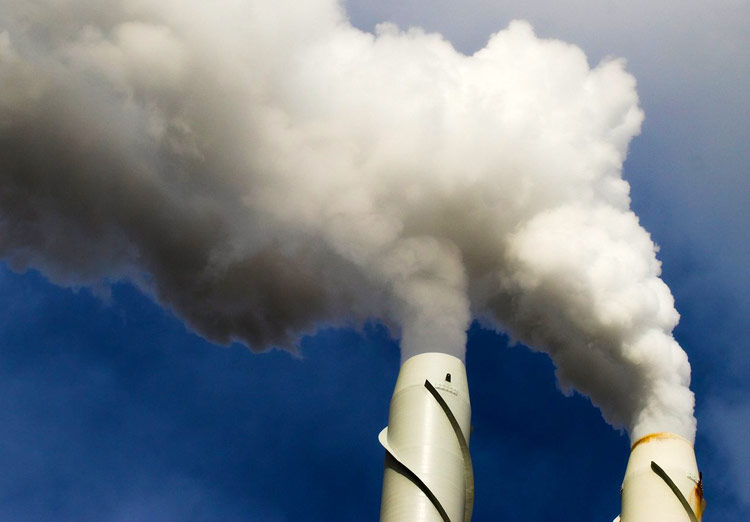- The EPA’s Air Quality Annual report shows that while Ireland’s air quality was generally good during 2019, there were concerning localised issues.
- There was an exceedance of the annual average nitrogen dioxide (NO2) EU limit value at one traffic monitoring location in Dublin city centre.
- Air pollutants were above the WHO’s guideline values for health at 33 monitoring stations across Ireland – this is mostly as a result of the burning of solid fuel in our cities, towns and villages.
- According to latest estimates there are 1,300 premature deaths in Ireland per year which can be attributed to air pollution.

The Environmental Protection Agency (EPA) has today launched its annual Air Quality Report 2019, coinciding with World Lung Day (25th September).
The report shows that, while air quality in Ireland is generally good and compares favourably with many of our European neighbours, there are worrying localised issues.
EPA monitoring has shown that, in urban areas, the impact of traffic-related nitrogen dioxide pollution is increasing. In addition, the EU limit value for this pollutant was exceeded at one Dublin traffic monitoring location. The EPA report highlighted that these types of exceedances will continue unless we curb our reliance on fossil fuel powered transport, particularly diesel cars.
Levels of fine particulate matter (fine particles), in our air are also of growing concern, with an estimated 1,300 premature deaths in Ireland linked to this pollutant. World Health Organization’s guideline values for air quality at 33 EPA monitoring stations were also exceeded, mostly due to the levels of fine particles in our air. Levels are particularly high during the winter months when elevated use of solid fuels such as coal, turf and wet wood impacts negatively on air quality, especially in towns and villages. The EPA report notes that any movement towards cleaner modes of home heating fuels will have a subsequent improvement on air quality.
Dr Ciara McMahon, (Director of the EPA’s Office of Radiation Protection & Environmental Monitoring), has stated, “Ireland is renowned for its countryside and clean fresh air, but we can no longer take this for granted. Poor air quality impacts people’s health and quality of life, so it is now time to tackle the two key issues that impact negatively on air quality in Ireland – transport emissions in large urban areas and emissions from burning of solid fuels in our cities, towns and villages. The choices we make affect the levels of pollution in the air we breathe, which in turn affects the health of our lungs, heart and other organs. We need to decarbonise our public transport system and in general reduce our reliance on diesel and petrol-powered vehicles. Moving to cleaner ways of heating our homes will also significantly improve air quality across Ireland.”
Mr Patrick Kenny, (EPA Air Quality Manager), continued, “Air pollutants have a negative impact on people’s health and emissions impact at a local level, in our communities. That is why we are continuing to install more monitoring stations across the country under the National Ambient Air Quality Monitoring Programme. With 24 more stations providing online data in 2019, this programme has now almost trebled the number of real-time monitoring stations – to 84 – providing air quality data across Ireland.”
The Air Quality in Ireland 2019 report is available on the EPA website. The EPA continually monitors air quality across Ireland and provides the air quality index for health and real-time results online. Results are updated hourly on the website, and people can log on at any time to check whether the current air quality is good, fair or poor.

Leave a Reply